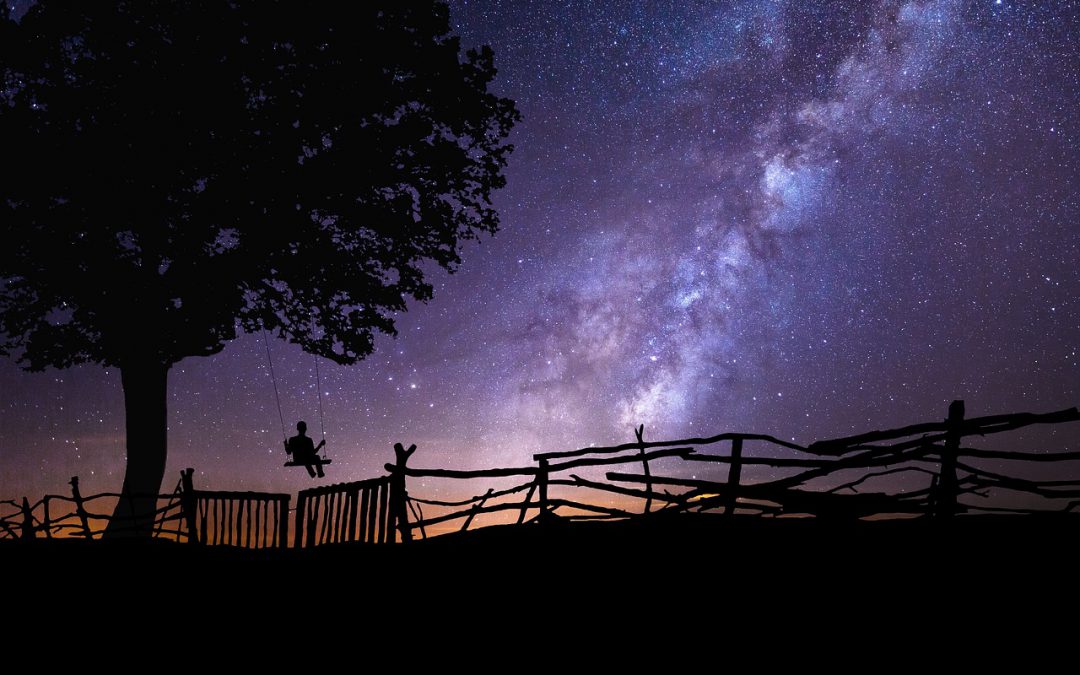(Originally appearing in Gaywired.com)
Not so long ago, I realized I believed in something, but I wasn’t sure what. I was raised in a traditional Catholic family, and went to an all boys Catholic school. Though the idea of an all boys school may sound fun, sparking vivid fantasies, the reality was not fun at all. Everyday we had religion and morality class. We discussed heaven, hell, abortion and, of course, homosexuality. Such classes were the final nails in the coffin of my life as a good Catholic.
While growing up, I enjoyed the ritual of the mass, the incense, candles and prayers. They struck a familiar cord in my soul. As I learned more about the politics and history of Catholicism, I felt distant. Soon I discovered my own sexuality and the Church’s views towards gays, and felt awful. Although I ultimately refused to believe I was “sinful” because I am attracted to men, for a short time I adopted such a poor self-image and struggled through it.
As I went to college, I explored many different views. I was very science oriented, and if you couldn’t prove it, then it didn’t exist, but deep inside, I knew otherwise. I felt a longing in my soul, seeking to connect to the divine, the world and myself. Strangely enough, I found it in witchcraft.
A family friend introduced me to witchcraft as a potential spiritual path. She told me of the tradition called Wicca. The root word can be translated as “wise” or “to bend and shape,” meaning witches shape the forces of nature. I was skeptical, thinking, “there’s no such thing as witches.” But there is, and they are not the ones you find in a fairy tale with green faces and pointed hats. Witches are simply people on a magical path.
Wicca is a modern reclaiming of the pre-Christian spiritual traditions of Europe, dating to the Stone Age. Originally the witches were the wise ones and healers, similar to the medicine people of the Native Americans. They practiced pagan traditions, roughly meaning “of the land.” Pagans believe everything is sacred. Everything is divine. They see gods and goddesses in all of nature. These deities embody the moon, sun, stars, fire, grain, wisdom, healing and battle.
Most witches, then and now, look to the Earth as a great mother Goddess, and to the sky as the father God. Unlike the Christian traditions that focus on God the father, witches see balance in the divine, and seek balance in their lives. Masculine and feminine energies are integral to life, and both are honored in Wicca, though some traditions focus solely on the Goddess. Modern witches embrace gays and lesbians because of their unique blend of male and female energy. All healthy expressions of sexuality are encouraged, as all forms of love are acts of worship to the Goddess. This made me feel quite welcome and accepted, as I am.
Historically, some evidence indicates gay priesthoods serving in ancient the temples of the Goddess. As Christianity converted Europe, the Holy Roman Empire executed their political enemies, healers, pagans and homosexuals alike, with the charge of witchcraft and heresy. Witches call this the Burning Times, and may be the origin of the term “flaming faggot,” a bundle of burning sticks, to refer to gays. It seems queer people have a long common thread with the history of witches.
Witches believe in self-responsibility, and in the Law of Three, “whatever you send forth will come back to you threefold.” The only “commandment” of Wicca is the Wiccan Rede, “harm none, do what you will.” Because of this self-responsibility, witches have never believed in a devil. The devil is a Christian concept, and witchcraft predates Christianity, although the media often erroneously links witchcraft with Satanism.
Witches believe in magic and spells, like a prayer, but in my experience more effective. At first I raised a skeptical eye until I tried a spell myself and it worked. I chalked the first up to coincidence. After several more, and a great deal of reading, I understood the process. I didn’t need to “believe” because I had an experience. I had similar doubts and subsequent success with developing psychic abilities such as tarot reading. These tools and training are still used because they work to naturally empower the witch.
There is no real dogma in Wicca. There is no central church. Practitioners gather in small groups called covens, to celebrate the cycles of nature. Some gather in larger groups. Most practice alone. As a witch, you are your own authority, and act as priest or priestess. Although you have guidelines, you conduct rituals and connect to the divine through meditation, psychic development, creativity and magic. If you are seeking a path to enlightenment that not only accepts your uniqueness, but welcomes it, I urge you to explore the path of the witch.

